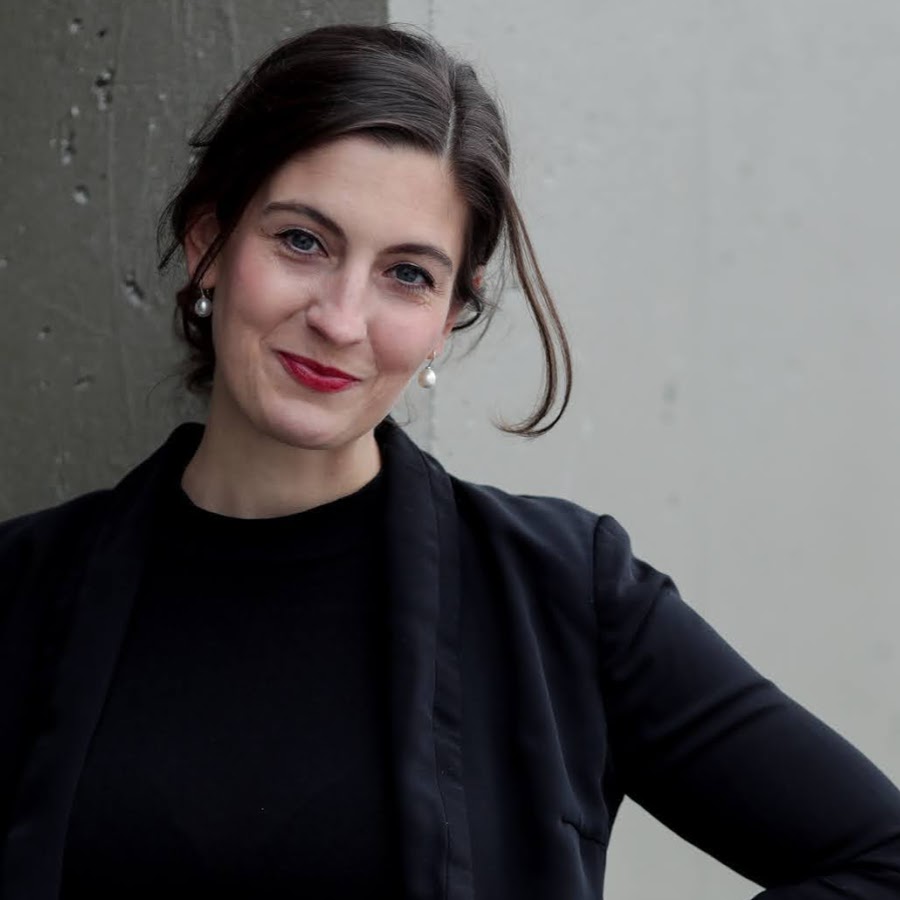Diversity in Data Science with Ela Osterberger, DS Director
Learn more about diversity in Data Science with Ela Osterberger, DS Director.
Ela, thanks for taking the time out. It would be great if you could start by introducing yourself and your role here.
I am one of two Data Science directors - both of us are women which is rare to find in this discipline! I have been working at Deliveroo since it was a small-ish start-up, 4 years ago. I am no longer doing IC work, so my role is to help the team succeed and ensure the impressive work of the individuals in the group shines.
Thanks, let’s get stuck in. Diversity. It is a very topical issue and can mean different things in different spheres. What does it mean for you here at Deliveroo?
It means taking a critical look at our teams and acknowledging how representative or otherwise we are of our customers. Given that we want to build a product for everyone, we need to ensure we are an inclusive and diverse workplace that reflects this ambition. Diversity at Deliveroo also means celebrating our individual differences and appreciating people’s uniqueness. More concretely, we want to make sure we attract ethnic, sexual orientation and gender diversity - but also people with diverse skill sets and educational backgrounds. Anything really that allows us to view a problem from different perspectives and come to conclusions that we wouldn’t normally arrive at if we were surrounded by people with the same backgrounds.
Diversity of skill sets is interesting because still to this day the definition of a Data Scientist varies from company to company. How do you define data science, and what kind of skill sets could make for an impactful Data Scientist?
For me, a Data Scientist is someone who has the technical skills to solve analytical problems to help the company make better decisions. However, in order to have impact, these technical skills need to be paired with a business understanding and an ability to build relationships.
A person’s educational background typically plays a big part in shaping their early career. What do you think about people coming from unconventional educational backgrounds, take humanities for example, that want to become a Data Scientist?
Technical skills are less important to me in hiring than having critical thinking, analytical skills and a passion for delivering a great product and service. Data Science is a relatively new discipline. Many people on our team didn’t specifically study what they are doing now at university. This makes Data Science teams really interesting - people come from diverse educational backgrounds with their strengths and weaknesses - together we are more than the sum of our parts.
Any tips for aspiring Data Scientists from such backgrounds?
My recommendation for everyone, independent of their background, is to think about the needs of the people you are building products or services for first. If you do that and you focus on your strengths while improving on your weaker areas, you will succeed.
I’ll end with a short but difficult question; in your opinion, what should we be doing to help bridge the gender gap in the tech space?
We need to do our best in the workplace - this includes hiring for and retaining diversity - and have regular unconscious bias training. I also believe we should look beyond our workplace to make a difference. I, for example, worked with a school in one of the UK’s most deprived areas to encourage girls to follow a STEM educational path. It’s really important to get girls and young women interested in technology and science and allow them to make confident and well-informed educational decisions.
